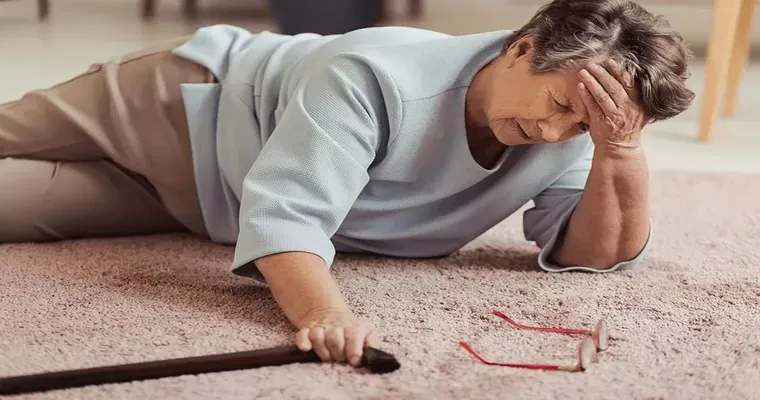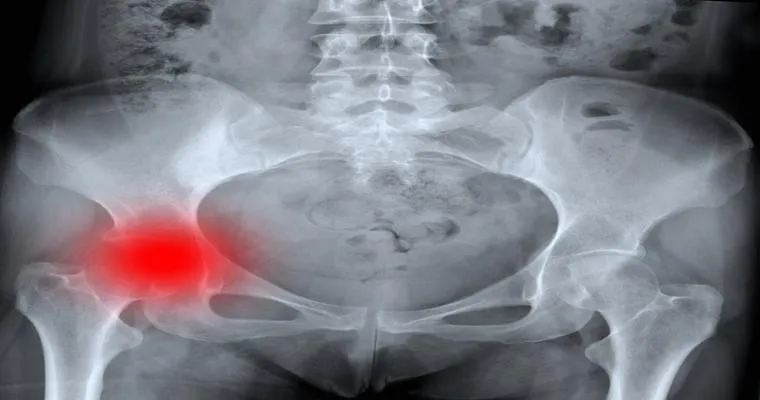Hip injuries are a common concern for older adults, often leading to questions about the necessity of "rehabilitation". As we age, our bodies become more susceptible to injuries, particularly in the hip region. The recovery process can vary widely depending on the "severity" of the injury, the overall health of the individual, and the specific type of "rehabilitation" required. This article delves into whether all seniors need rehabilitation after a hip injury and the factors that influence this decision.
When a senior sustains a hip injury, it can range from a minor strain to a severe fracture. In cases of "fractures" or significant trauma, medical intervention is typically required, and rehabilitation becomes crucial. Rehabilitation helps restore strength, improve mobility, and reduce the risk of future injuries. However, not all seniors may require the same level of rehabilitation. Factors such as age, pre-existing health conditions, and the individual's physical activity level play a vital role in determining the need for rehabilitation.
For seniors with healthy bones and muscles prior to the injury, they may recover quickly with minimal intervention. In contrast, those with osteoporosis or other underlying health conditions might benefit more from a structured "rehabilitation program". These programs often include physical therapy, which focuses on exercises to improve strength, flexibility, and balance, all of which are essential for safe mobility.
Moreover, the goals of rehabilitation can vary. Some seniors may aim to return to their previous level of activity, while others may just wish to regain the ability to perform daily tasks independently. A thorough assessment by a healthcare professional can help outline a personalized rehabilitation plan that meets the individual’s needs and goals.
In addition to physical therapy, emotional and psychological support can also be vital during recovery. Seniors may face feelings of frustration or anxiety due to decreased mobility or changes in their daily routines. Providing a supportive environment and addressing these emotional aspects can enhance the overall effectiveness of rehabilitation.
Ultimately, while not every senior may need intensive rehabilitation after a hip injury, most will benefit from some form of guided recovery program. It is essential for seniors and their caregivers to consult with healthcare providers to determine the best course of action based on the specific circumstances surrounding the injury.
In conclusion, the need for rehabilitation after a hip injury in seniors is not a one-size-fits-all situation. Factors such as the type and severity of the injury, the individual’s overall health, and their recovery goals all influence the need for rehabilitation. Consulting with healthcare professionals can provide valuable insights and ensure that seniors receive the appropriate level of care to facilitate a successful recovery.





